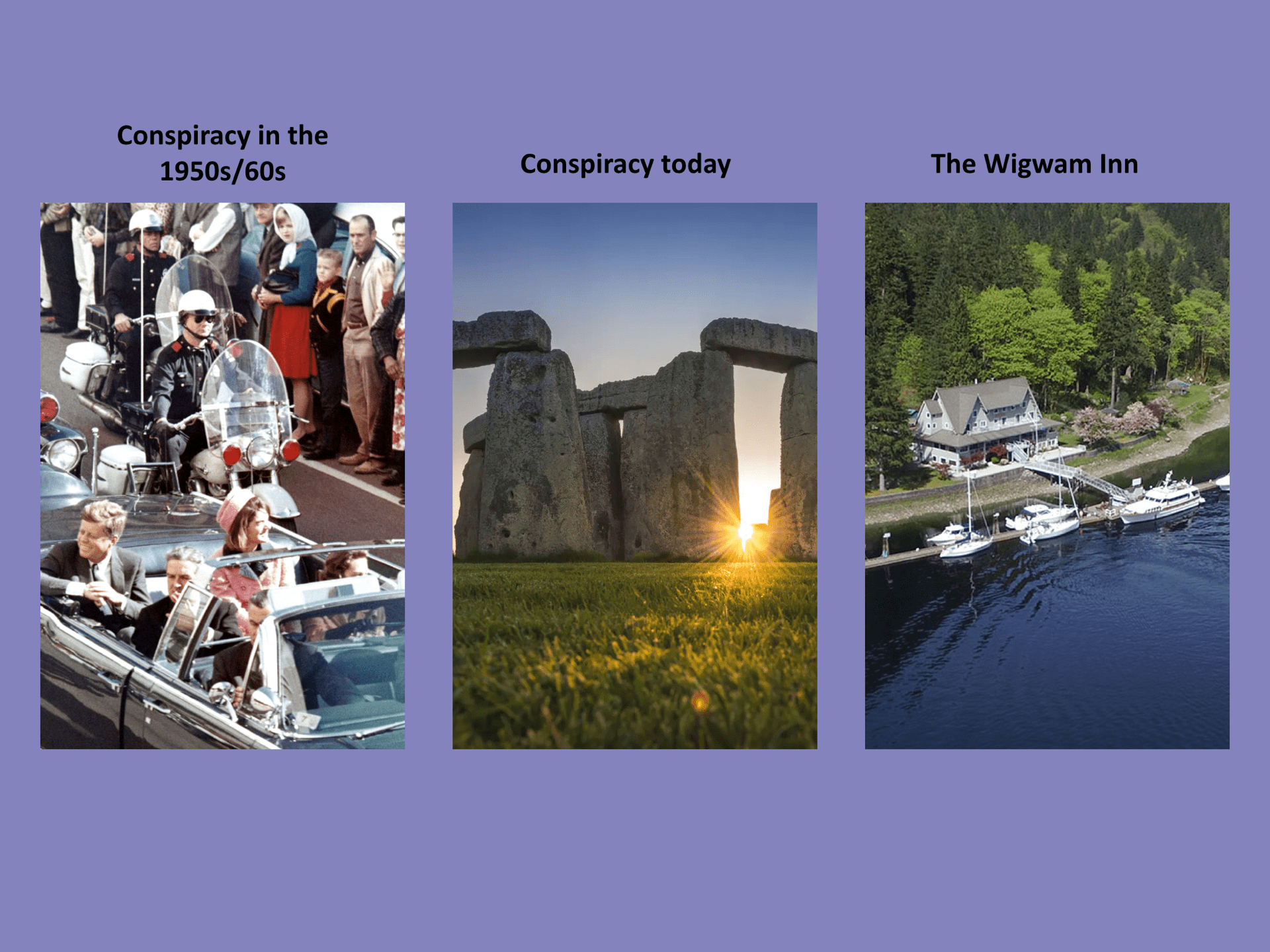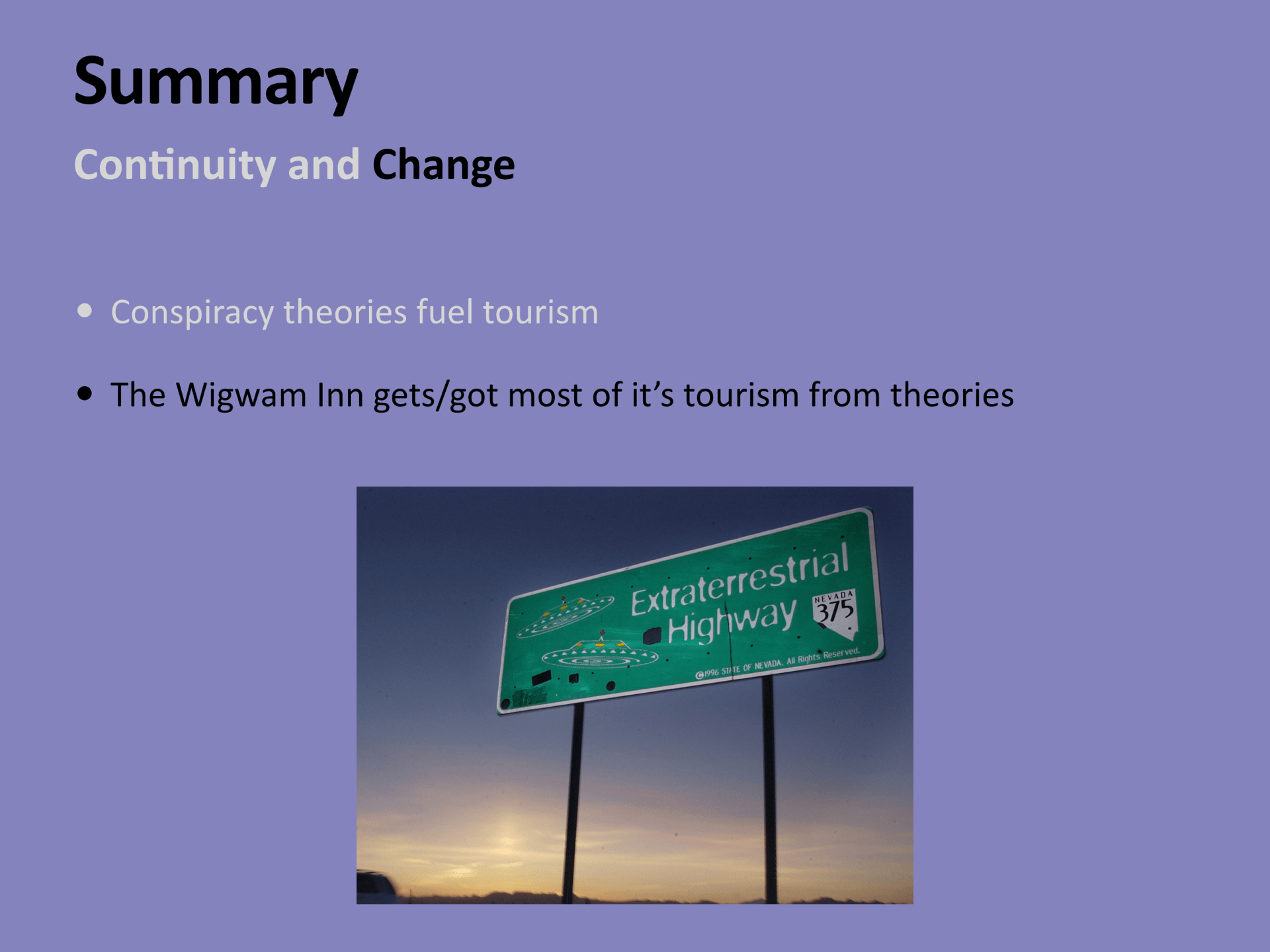
ElasticComputeFarm / Pixabay
Hello and welcome back to my learning portfolio! For the past five weeks my class has been working towards an answer to a brand new driving question. “Who is the GREATEST Canadian?” Reality is, almost every one of my peers had an answer differing from the next. You see the real challenge with this question, was relating it back to our podcast topics. Everybody’s podcast has its own topic, one that heavily relays on personal interests and how we’ve chosen to display our personalities through our ongoing podcast channel. Choosing a Canadian and deeming them great was already daunting enough, throw in my topic of conspiracy and mystery and the difficulty is amped.
Terry fox. Easily one of Canada, and the world’s greatest. To launch into this project, we watched a short film on Terry Fox. In 2004, CBC released episodes discussing the top 10 greatest Canadians. In watching the first episode, we did our first note taking activity. Comprehending text is one of the three competencies we’ve been focused on during this project. As it is text, it falls under the English 10 category. Taking into consideration our many steppingstones throughout the project, most of which fell under the category of note taking and being able to understand and process the information being given to us. A couple of really good examples of my ability to comprehend text come from our creating Canada lectures in which we covered topics like globalization, international involvement, and how trends shape the identity of our nation. Another fantastic example are the texts given near the end of the project, ones where we discuss what its like to be “Not American.” The page comes from a textbook and the poem within said text comes from a beer commercial from the early 2000’s. We went over the meanings behind the poem and had a class discussion debating whether or not we feel as Canadians, that being “not American,” is something we pride ourselves on. In the end, the commercial itself was meant for Canadians to be proud of our non American way of life, but some of us felt it wouldn’t have the same effects in present day.
Canada is a nation filled with greats. You’ve got your Gretzky’s, your Trudeau’s, your Terry’s, and many, many more. So what do they all have in common? Historical significance. Funny how our ability to recognize historical significance happens to be our Social Studies 10 competency for this project. What a coincidence am I right. For the past five weeks we’ve learned what is necessary for a person to be deemed historically significant. If you think they’d just have to be well liked and have had an impact on a group of people. You’d be wrong. There are plenty of people who have been deemed historically significant and also happen to be horrible, horrible people. Take a look in any history book. The people who started wars, invaded countries, became dictators, they’re all historically significant individuals. So how exactly is a person or event deemed historically significant? There are five pillars. Importance, a rather self explanatory start. Profundity, meaning how deeply the impacts they made were felt. Quantity, the number of people they reached and affected. Durability, how long lasting their impact was. And finally, their overall relevance. I think I did a really good job in this area. I managed to convince my peers that my chosen great Canadian is really great!
I’m really hitting hot with this transition aren’t I. That probably sounds a little weird without an context. Podcasting is still a very new area for me but knowing the production terms certainly helps. Once we had selected our greatest Canadian candidate, established their historical significance, and finalized our scripts, it was time to start the production of our episodes. In my recent summative post on our last project, I discuss the topic I chose for my podcast. Conspiracy and mystery! Thrown in a little murder and a hugely successful Canadian judge, the man who happened to bring forensic DNA typing onto count for the first time, and you have my episode. If only it were that simple. When building a podcast episode there are a million factors to consider. Is my bed to loud, are my transition’s hitting more cold than hot, did I just hear a butt cut? So. Much. Stress. Point is, when I was past the recording and interviewing stages and moving into the editing and mixing, things got difficult. Thank god I can be an empowered learner and use technology to my advantage. You see what I did there. Being an empowered learner is our Maker 10 competency. Challenging ourselves by using techniques we may be unfamiliar with or trying a new style of editing allowed for the empowered learner in me to shine. I’ve never been a GarageBand Guru and I’ve always had a lot of difficulty with the app. Learning to podcast is opening up the possibility for different form of media to be used in the future, something I’m always thinking about in PLP.
All in all, my podcast episode (click here to listen) turned out pretty great and I’m really proud of what I created. As I reflect, there are of course things I’d love to change but that’s not the point of reflection. The point is to see where I left off and remember what I can do better next time. That works great this year especially because our podcasts are a year long project. Stay tuned for my next episode and summative posts which should premiere just before Christmas!
Thank you for coming to this Ted Talk
C













